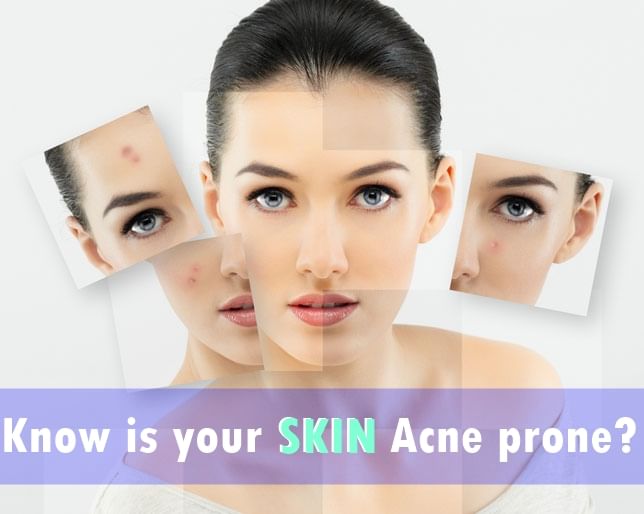How to Know If Your Skin is Acne Prone
Acne Prone Skin is so hard to handle. I know how horrible dealing with acne can be. You don’t feel like going out or being seen, and you’ve probably tried every possible remedy. When it comes to our faces, we don’t rely on just anyone to tell us what our skin needs to get that ever-elusive glow.
The best route to complexion perfection is to get to know your skin type. If you don’t know your skin type, you won’t be able to properly care for your face
Are the dark spots, scars, acne marks and the uneven skin tone making you feel too embarrassed to interact with people in your peer group?
Tired of using cosmetic products to cover those dark spots?
Do not worry; we have come up with a list of home remedies that can help you to remove these dark spots quickly.
This skin type is characterized by a lack of oil and often renders skin flaky, thin and with some redness. Skin that feels tight after you wash it can also indicate dry skin.
When it comes to oily skin, your sebaceous glands produce too much oil creating blackheads, whiteheads and acne.
Tips to cure Acne/Pimples naturally

Vaginal Yeast Infection: Causes, Symptoms & Natural Tips to cure
Deeply cleansing oily skin sounds like a great strategy but harsh cleansers can strip skin of its protective barrier, leaving it vulnerable to bacteria.
And soap has a higher pH than your skin, which can over-dry skin and cause oil production to go into overdrive—which you definitely don’t need.
Factors Influence growth of Acne
- Hormonal changes related to puberty, menstrual periods, pregnancy, birth control pills, or stress,
- Friction caused by leaning on or rubbing the skin, pressure from backpacks, or tight collars,
- Environmental irritants such as pollution and high humidity,
- Squeezing or picking at blemishes, hard scrubbing of the skin,
- Greasy or oily cosmetic and hair products
- Certain drugs (such as steroids, testosterone, estrogen, and phenytoin)


+1.svg)
